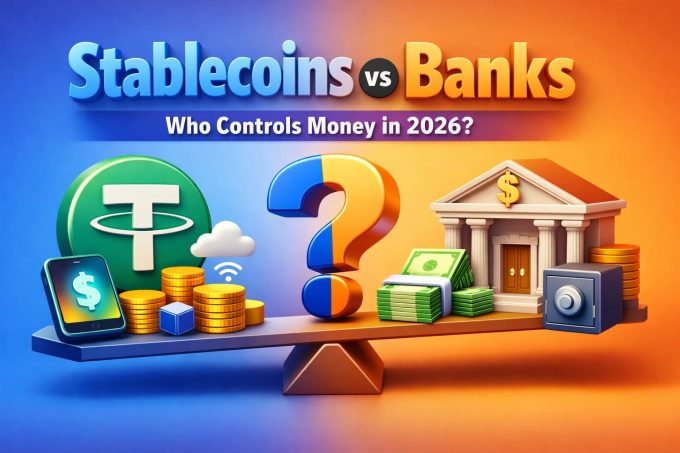By Laxmikant Khanvilkar
While dealing in Cryptocurrencies, there are several dos and don’ts one must be well versed with. Honeypots is one such important term that a new investor should know to prevent himself/herself from being trapped.
Honeypots, a term used in software terminology, helps detect and deflect unauthorized entry into information systems. But the same is employed by scammers to jack-up the prices of digital currencies or tokens and lure individuals into buying the same, which eventually turns worthless once the scammers dump them.
Essentially, a honeypot prevents the token buyers from reselling it, which results in token price skyrocketing as long as the scammer would like. This results in creating the appearance of a “mooning” token and thereby tricking even more users into buying it. Therefore, honeypots are by far the most popular rug pull — because they allow their deployers to both manipulate their users and the token’s price.
Types of Honeypots
A honeypot is a security mechanism that creates a virtual trap to lure attackers. An intentionally compromised computer system allows attackers to exploit vulnerabilities so you can study them to improve your security policies.
So far, the majority of honeypots have been implemented in one of four ways: liquidity pool blocks, using external contracts, blocklists, or allowlists.
A liquidity pool (LP) block honeypot doesn’t allow users to send their tokens to this token’s liquidity pool smart contract, which is a necessary step in the sale/swap of the token. Only purchases of the token are allowed.
In an external contract honeypot, a token’s transfer functionality is implemented in a separate contract for which the source code is not public. This private contract blocks token sales and swaps for all addresses except for the deployer’s own. The most famous example of the honeypot exploit is the Squid Game token.
A blocklist/allowlist honeypot restricts selling permissions to one or more addresses named by the token’s deployer. In the blocklist variant, the buyer is added to a blocklist either manually or automatically. In the allowlist variant, the token deployer’s address typically is the only address granted the ability to sell.
You need to login in order to Like













